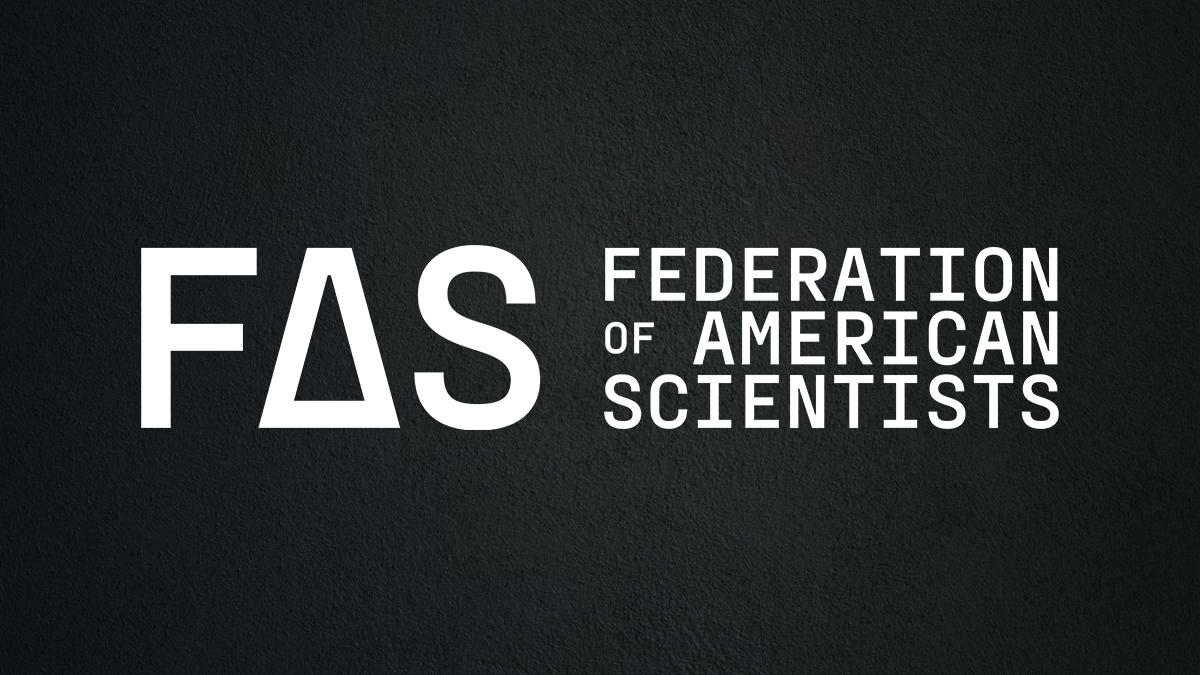
Board Update: John Bailey Joins FAS Board of Directors
The Federation of American Scientists (FAS) is excited to announce that John Bailey has joined the organization’s board of directors.
John’s background includes roles in government, philanthropic institutions, and venture capital, where he has focused on critical issues including innovation policy, artificial intelligence, immigration, behavioral health, climate technology, and the future of work.
He currently serves as a fellow at the Chan Zuckerberg Initiative and a non-resident senior fellow at the American Enterprise Institute. He served as a domestic policy advisor in the Bush White House, and the nation’s second Director of Educational Technology in the U.S. Department of Education. As Deputy Policy Director to the U.S. Secretary of Commerce, he contributed to the development of the first National Pandemic Strategy and the President’s immigration reform package.
“John’s wisdom and wide range of experience across government and the private sector will be invaluable to FAS as we continue the work of making sure the best science leads to sound public policy,” FAS CEO Dan Correa said. “We feel fortunate to have someone as respected and skilled in the world of policy innovation contributing to FAS’ mission.”
“In an era where technology and science are evolving at an unprecedented pace, it is more important than ever to have entities like FAS leading the way in formulating policies that not only support research but also guide emerging domains such as AI for the greater good.” Bailey said. “I’m excited by the work, and more importantly, the people driving FAS forward at this transformative moment. It’s one of the most exciting science policy organizations, and I look forward to being more deeply involved in advancing its larger mission.”
Bailey’s term on the FAS board began earlier this month.
This rule gives agencies significantly more authority over certain career policy roles. Whether that authority improves accountability or creates new risks depends almost entirely on how agencies interrupt and apply it.
Our environmental system was built for 1970s-era pollution control, but today it needs stable, integrated, multi-level governance that can make tradeoffs, share and use evidence, and deliver infrastructure while demonstrating that improved trust and participation are essential to future progress.
Durable and legitimate climate action requires a government capable of clearly weighting, explaining, and managing cost tradeoffs to the widest away of audiences, which in turn requires strong technocratic competency.
FAS is launching the Center for Regulatory Ingenuity (CRI) to build a new, transpartisan vision of government that works – that has the capacity to achieve ambitious goals while adeptly responding to people’s basic needs.